Plant Ecology
"Ecology or ecological science is the study of the relationship of plants and animals to their physical and biological environment. It is a scientific study of the distribution and abundance of living organisms and how these properties are affected by interactions between the organisms and their environment. The environment of an organism includes both the physical properties, which can be described as the sum of local abiotic factors like solar insolation, climate and geology, as well as the other organisms that share its habitat. Hence it is a synthetic branch of science which obtains source materials from several other disciplines like climatology, geography, geology, limnology, mathematics, physics, chemistry, microbiology besides other branches of biology. Therefore, ecology deals with the study of interaction of living beings among themselves as well as their physical environment.
The present book is an effort to put recently acquired information at one place. And will be useful for the students of under and post graduate students of ecology."
Contents: 1. Plant ecology: an introduction. 2. Living and nonliving components. 3. Climatic factors. 4. Topographic factors. 5. Biotic factors. 6. Edaphic (Soil) factor. 7. Ecosystems. 8. Population and community ecology. 9. Community dynamics (ecological succession). 10. Bio-productivity. 11. Plant geography and biomes of the world. 12. Stress ecology and ecological adaptations. 13. Autecology. 14. Genecology (Ecological concept of species and individuals). 15. Biogeochemical cycles. 16. Red data and green data book. 17. Biodiversity: the natural biological capital of the earth. Glossary. Subject index.
Get it now and save 10%
BECOME A MEMBER

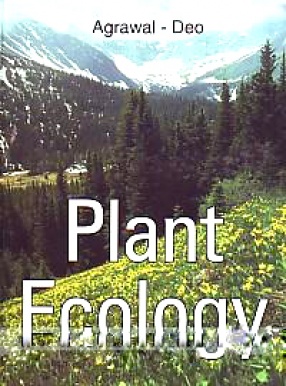
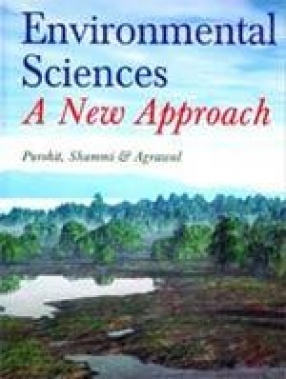


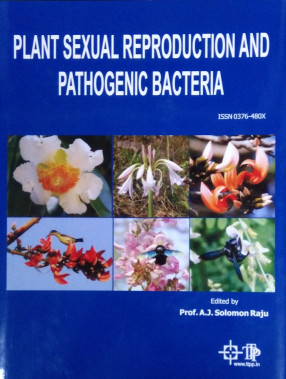
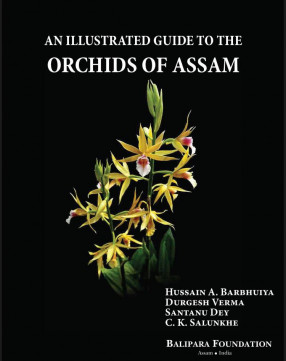

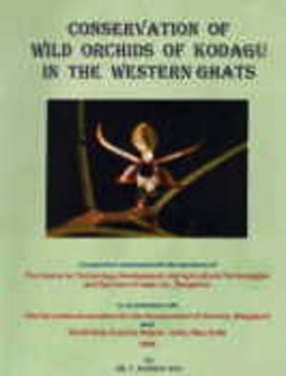

Bibliographic information
P.P. Deo